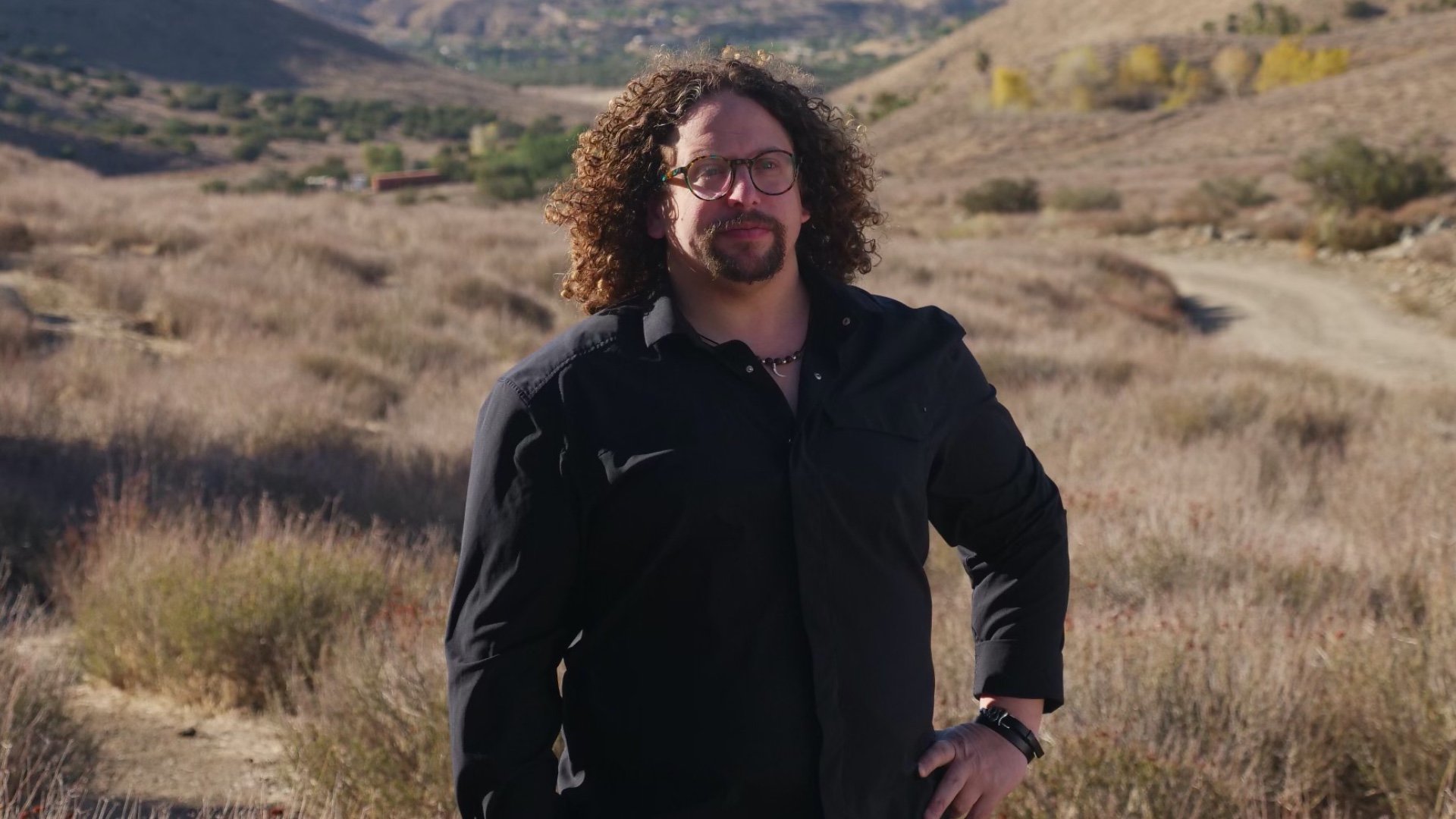- Joined
- Apr 15, 2011
- Messages
- 907
- Reaction score
- 381
Newest EM-related case from Expert Witness:

Summary:
13 yo girl in Texas gets bit by rattlesnake
EM Doctor scores her based on Snakebite Severity Score (SSS) which is part of the hospital's snakebite protocol. SHe does not qualify for crofab based on SSS
While being observed with serial exam and labs, symptoms and lab progress so she meets criteria. Crofab completed 40 minutes later after meeting criteria.
Patient was ultimately transferred, recovered but had lingering chronic pain and dysfunction, so family sues because they felt crofab should have been given immediately, despite hospital forgiving entire hospital bill.
Doctor wins initial judge trial, parents appeared it to appearsl court which felt the "objectively [the doctor's] adherence to the guidelines posed extreme harm to [patient] and ruled for the plaintiff. Eventually made it to state Superior court where that was overturned again in favor of defendant again.
Expert plaintiff witness testimony of course by a non-Toxicology boarded doctor who claims he is a "toxinologist".
ACEP actually came to bat for the defendent this time.
And of course the context this occured in Texas, where the standard for malpractice is "willful and wanton negligence" which makes this lawsuit and the plaintiff expert witness really stomach turning.
Now, there is an argument to be made about using the Unified Treatment Algorithm and involving Poison Control Center, and the patient may have benefited from crofab earlier, but at no point with those rising this to the level of malpractice of gross negligence.

Summary:
13 yo girl in Texas gets bit by rattlesnake
EM Doctor scores her based on Snakebite Severity Score (SSS) which is part of the hospital's snakebite protocol. SHe does not qualify for crofab based on SSS
While being observed with serial exam and labs, symptoms and lab progress so she meets criteria. Crofab completed 40 minutes later after meeting criteria.
Patient was ultimately transferred, recovered but had lingering chronic pain and dysfunction, so family sues because they felt crofab should have been given immediately, despite hospital forgiving entire hospital bill.
Doctor wins initial judge trial, parents appeared it to appearsl court which felt the "objectively [the doctor's] adherence to the guidelines posed extreme harm to [patient] and ruled for the plaintiff. Eventually made it to state Superior court where that was overturned again in favor of defendant again.
Expert plaintiff witness testimony of course by a non-Toxicology boarded doctor who claims he is a "toxinologist".
ACEP actually came to bat for the defendent this time.
And of course the context this occured in Texas, where the standard for malpractice is "willful and wanton negligence" which makes this lawsuit and the plaintiff expert witness really stomach turning.
Now, there is an argument to be made about using the Unified Treatment Algorithm and involving Poison Control Center, and the patient may have benefited from crofab earlier, but at no point with those rising this to the level of malpractice of gross negligence.




